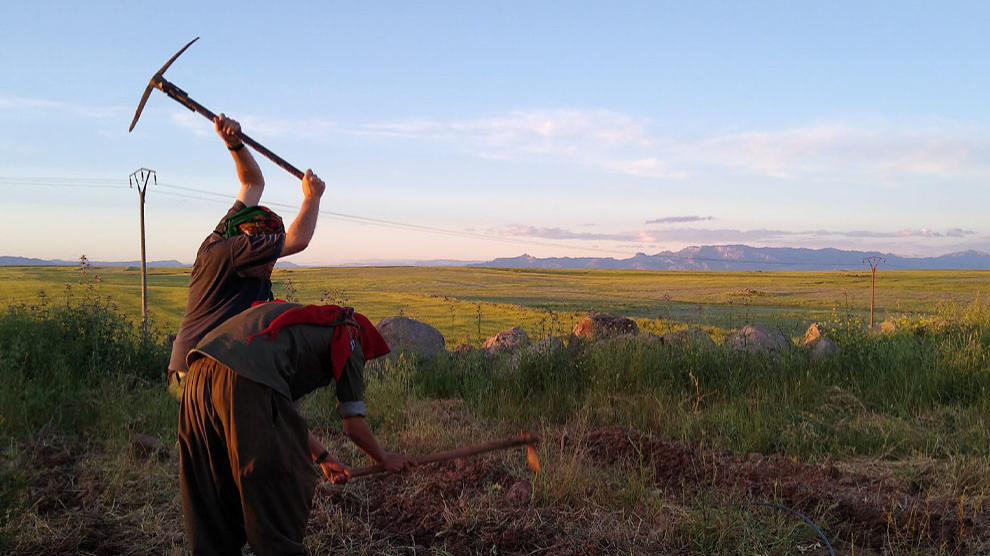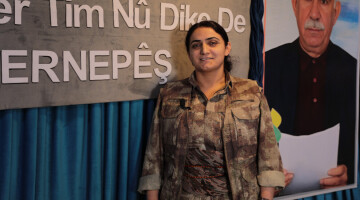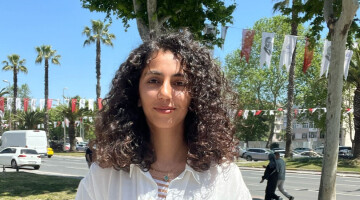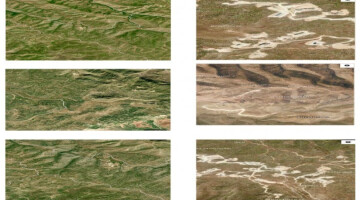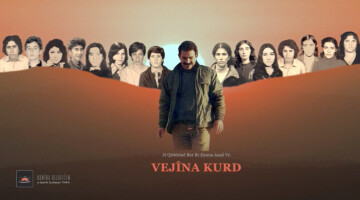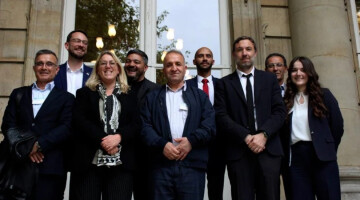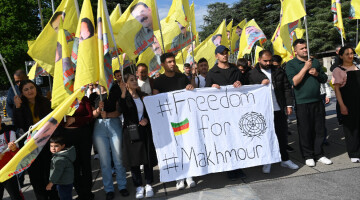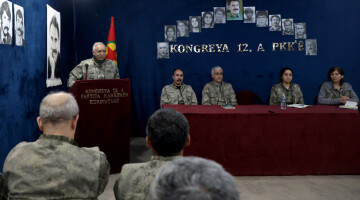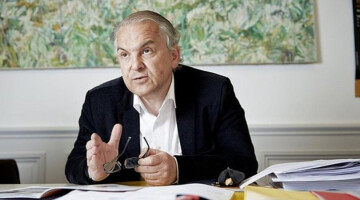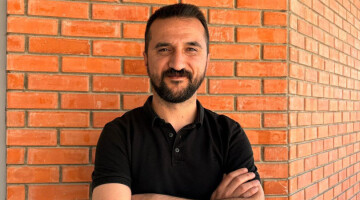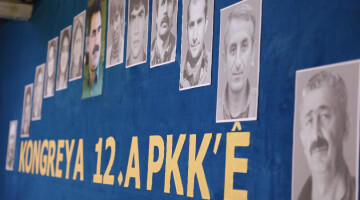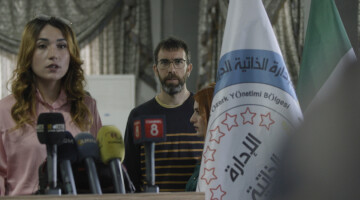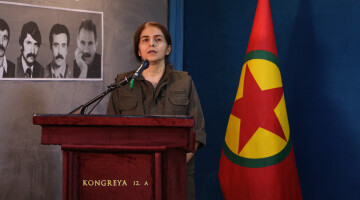In a time when most countries start to de-confine and when life seems to get back to the old capitalist “normality” with all the pollution and the exploitation of nature and of humans that it implies, it is necessary to analyse what happened during those last months of quarantine to see what we can learn from it in an ecological and social perspective.
Why? Because we risk to soon face both a massive social and ecological crisis. A social crisis caused by the economic crisis that is to come and is already hitting the most precarious ones, and an ecological crisis because the few months of rest that the quarantine gave to our environment is about to be over. The capitalist enterprises got the green light from the states to exploit again our planet in an even more savaging way as those later used the Corona crisis to postpone or delete many of the few ecological measures that were existing or about to be applied.
If we want to avoid the worst, we have to organize now and our only solution is a drastic change of the system and mentality. Against the madness of the capitalist modernity, we propose the building of a world-wide democratic confederalism based on radical democracy, ecology and feminism!
The 7 videos have been produced by the Make Rojava Green Again branches in Rojava and different European countries. The first one from Rojava is global analysis of the Corona crisis linking it to the ecological crisis that we face nowadays. The damaging effect of the Capitalist Modernity and the role that the nation-states play in it is discussed while the second part on the video concentrates on how to build an alternative to it through the building of democratic confederalism.
Part 1 Rojava:
The next videos from the European branches present how the Corona crisis was developing in each of their country, analyzing on the one hand the answer of the states to it and on the other hand describing the popular and grassroot spontaneous or organized solidarity groups that appeared. They end by giving a perspective for their local or for the global situation.
Part 2 Poland:
Part 3 UK
Part 4 Sicily, Italy
Part 5 - Switzerland
Part 6 Italy
Part 7 Germany

